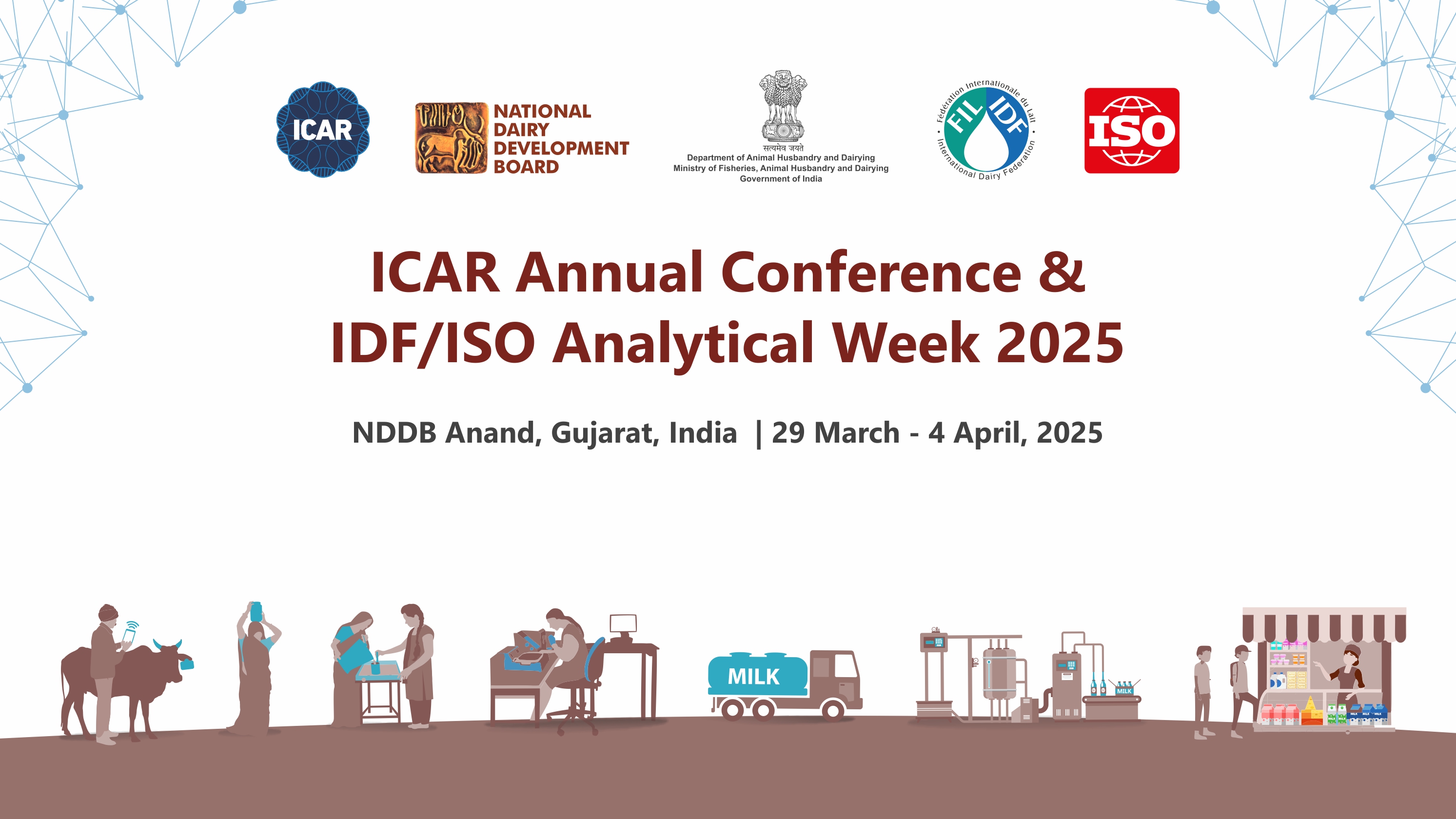
Niger seed cake (Guizotia abyssinica) Synonym: Guizotia oleifera, Polymnia abyssinica Common names: Ramtil, Niger, Blackseed
Local name: Hindi: Ramtil, Kalatil, Surguja, Jagni Marathi: Karal, Kalitil, Rantil Tamil: Payellu, Uchellu, Kattel Telugu: Valesulu, Vulisi, Adavinvvulu Kannada: Huchchellu, Ramtil, Gurellu, Bengali: Sorguja Oriya: Ramtila, Alashi Konkani: Jhusetil, Krishhna guru Assamese: Sarguja Gujarati: Ramtil
Guizitia abyssinica is an annual herbaceous plant with softly hairy stems reaching a height of 15 m. Cultivated in India and tropical Africa for the edible oil obtainable from the small black seeds.
Availability
Approximately 0.1 million tone cake is available annually in India. It is chiefly produced in Andhra Pradesh, Madhya Pradesh, Maharashtra and Odisha.
Nutritive value
Niger seed cake is a very good source of protein (CP 34%) and a moderate source of energy (TDN 50%). Its protein digestibility is about 80%. It is richer in available lysine (400 mg/100 g) and methionine content than groundnut cake. Niger seed cake does not contain any toxic factor and is quite palatable.
Inclusion
It can be incorporated up to 57% in the concentrate mixtures of crossbred calves (daily gain 632 g), (Punj, 1988; Talpada et al., 2002). Singh et al. (1983) found that replacement of 50 or 100% of linseed cake (57 parts in concentrate mixture) with niger cake had no effect (comparable) on weight gain, utilization of diet, nutrient digestibility and balances of nitrogen, calcium and phosphorus in growing calves.
